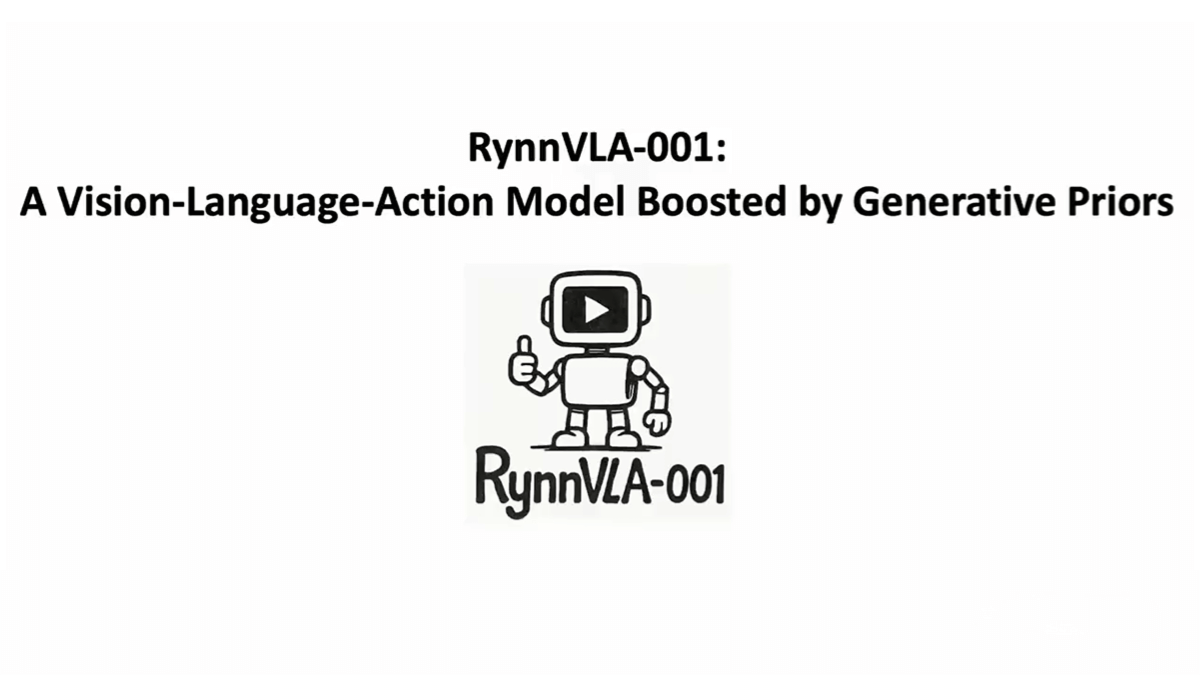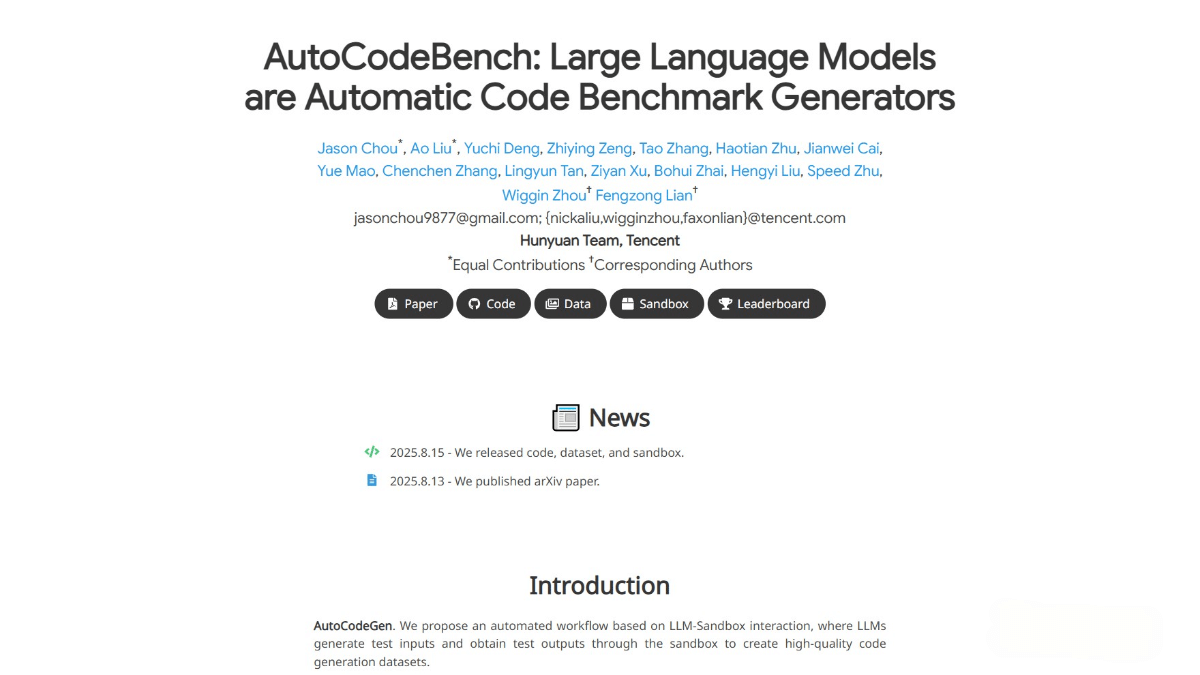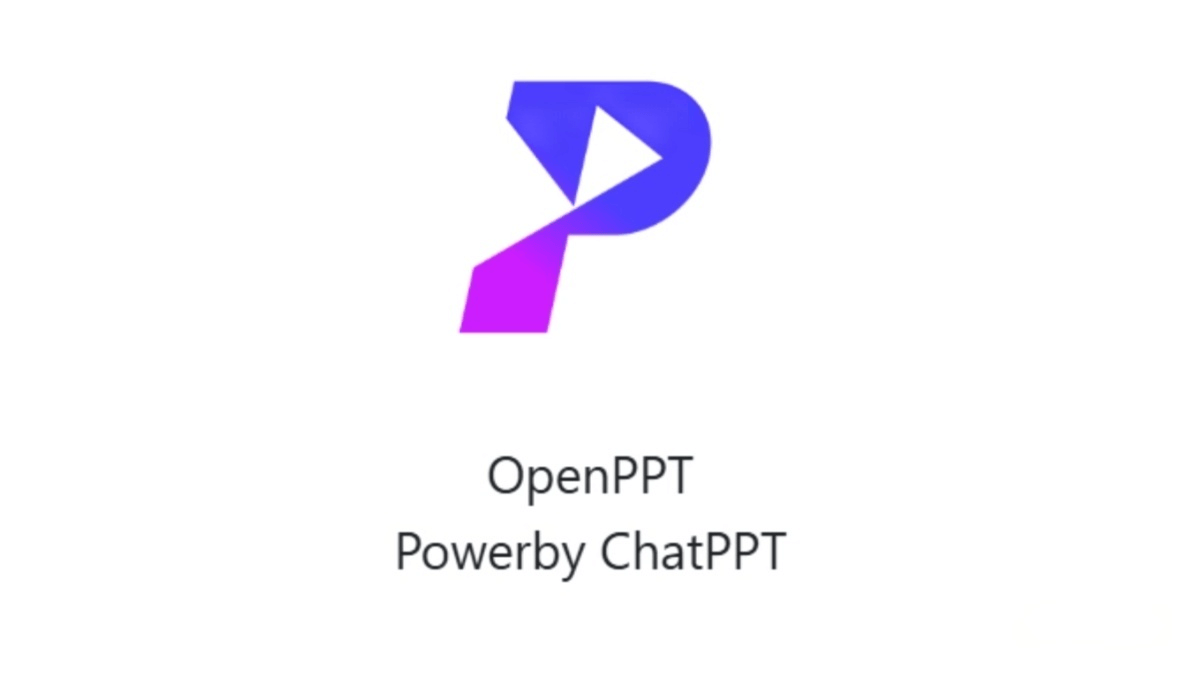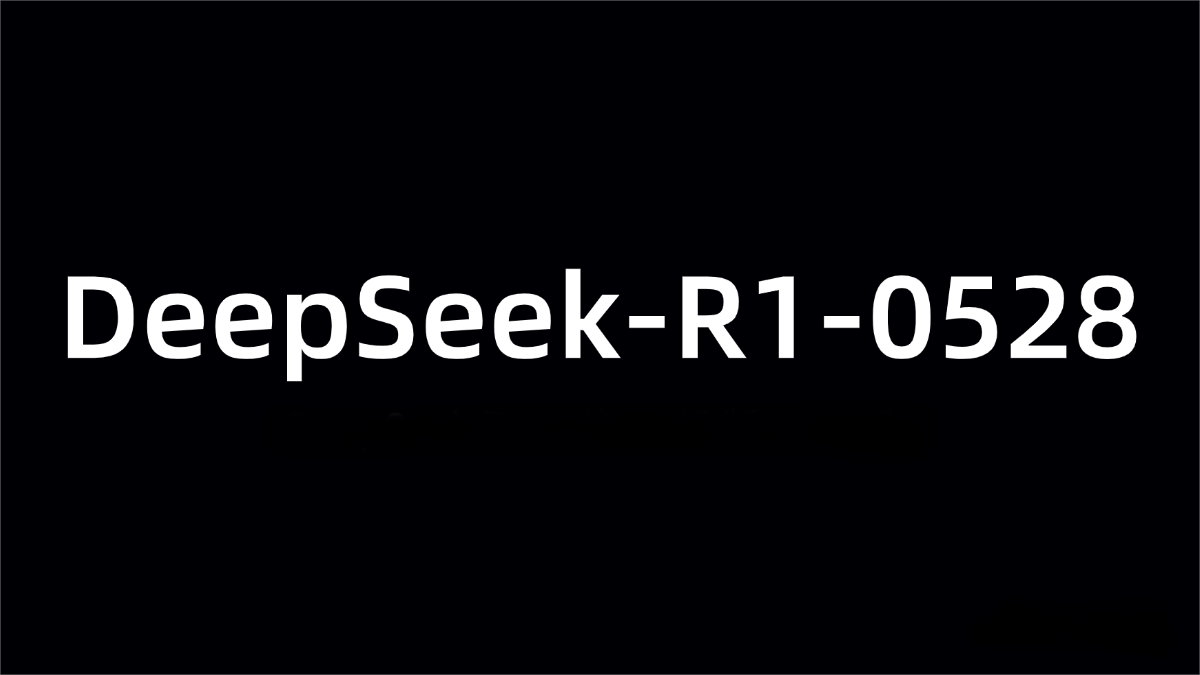What is RynnVLA-001?
RynnVLA-001 is a vision–language–action model developed by Alibaba DAMO Academy. By pretraining on a large corpus of first-person-view videos, the model learns human operational skills and implicitly transfers them to robotic arm control. Combining video generation techniques with a Variational Autoencoder (VAE), it can produce coherent, smooth action sequences that more closely resemble human movements. The model unifies “next-frame prediction” and “next-action prediction” within a single Transformer architecture, significantly improving robots’ success rate and instruction-following ability in complex tasks.

Key Features of RynnVLA-001
-
Understanding language commands: Accepts natural language instructions such as “Move the red object into the blue box.”
-
Generating action sequences: Produces coherent, smooth action sequences based on the given command and current visual environment, driving the robotic arm to complete tasks.
-
Adapting to complex scenarios: Handles intricate pick-and-place tasks and long-horizon operations, increasing task completion rates.
-
Imitating human operations: Learns from first-person-view videos to generate actions that more closely resemble natural human manipulation.
Technical Principles of RynnVLA-001
-
Stage 1 – First-person video generation model:
Pretrained on large-scale first-person-view video datasets to learn visual patterns and physical dynamics of human operations. Uses a Transformer-based autoregressive architecture to predict future frames, simulating visual reasoning in robotic operations. -
Stage 2 – Variational Autoencoder (VAE):
Compresses action clips into compact embedding vectors to reduce computational costs. The VAE decoder reconstructs the embeddings into coherent action sequences, improving the smoothness of action predictions. -
Stage 3 – Vision–Language–Action model:
Fine-tunes the pretrained video generation model into a VLA model that unifies “next-frame prediction” and “next-action prediction.” Using a Transformer architecture, it combines visual inputs and language instructions to generate action embeddings that drive robots to perform tasks.
Project Links
-
Official page: https://huggingface.co/blog/Alibaba-DAMO-Academy/rynnvla-001
-
GitHub repository: https://github.com/alibaba-damo-academy/RynnVLA-001
-
Hugging Face model hub: https://huggingface.co/Alibaba-DAMO-Academy/RynnVLA-001-7B-Base
Application Scenarios
-
Industrial automation: Drives robots to perform complex assembly and quality inspection tasks in manufacturing, improving efficiency and product quality.
-
Service robots: Enables robots to follow natural language commands to perform everyday tasks in homes or restaurants, such as organizing items or delivering food.
-
Logistics and warehousing: Guides robots to sort and transport goods in warehouses, optimizing inventory management workflows.
-
Healthcare: Assists in surgical procedures or rehabilitation training, enhancing the precision and efficiency of medical services.
-
Human–robot collaboration: Improves robots’ understanding of human instructions, enabling natural and seamless human–robot interactions.




